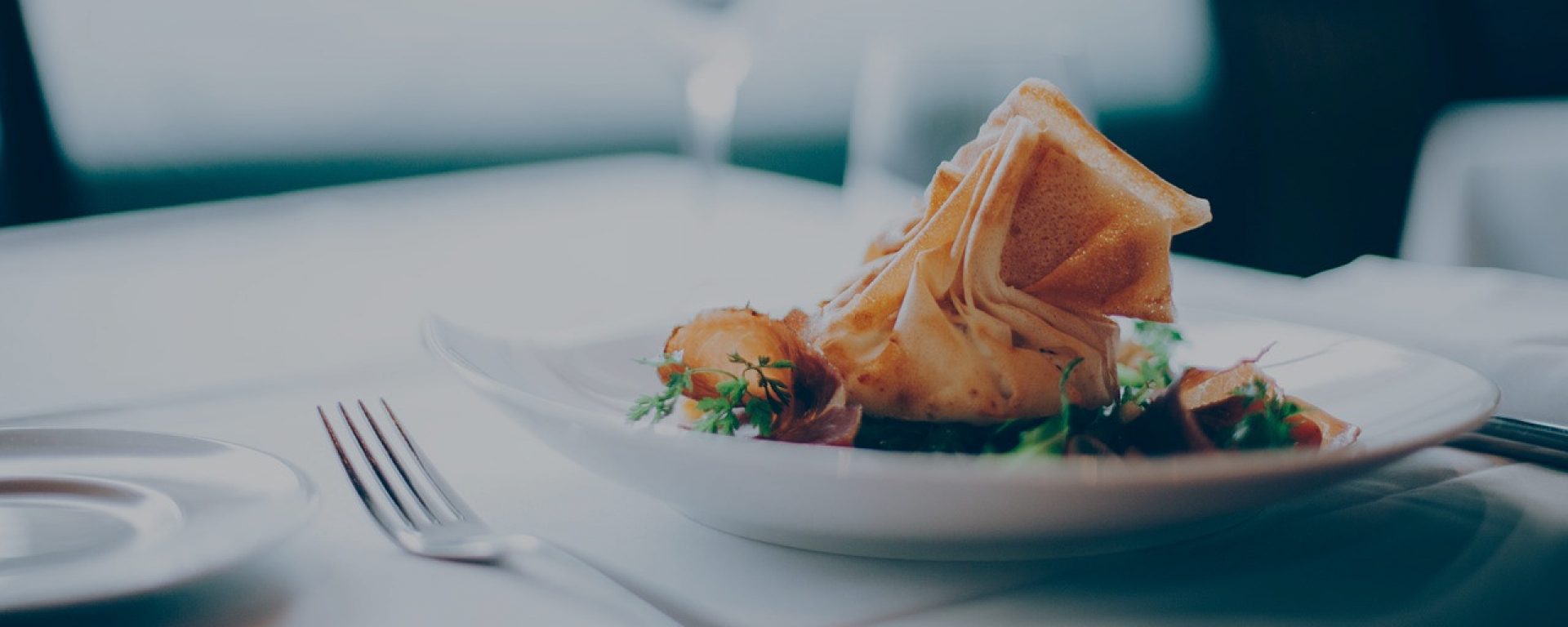
The food we consume is a fundamental part of our lives, and it’s essential that it is safe, nutritious, and of high quality. While we often think about the role of farmers, food processors, and regulators in achieving this, we must not overlook the unsung heroes of the food industry – veterinary professionals. They play a crucial role in ensuring that livestock and poultry are healthy, which in turn contributes to the production of safe and high-quality meat, milk, and eggs for consumption. In this article, we will explore the invaluable contributions of veterinary professionals in safeguarding our food supply, as well as provide insights from The Complete Guide to Selling a Veterinary Practice to shed light on the business aspects of veterinary care.
Animal Health and Food Safety
The health and well-being of animals in the food supply chain are paramount to food safety. Veterinary professionals are the front line of defense in maintaining the health of farm animals. They are trained to identify, prevent, and treat diseases that can affect livestock and poultry. By monitoring and maintaining the health of these animals, veterinarians help prevent the spread of diseases that could potentially be transmitted to humans through food consumption.
One of the significant concerns in food safety is the transmission of zoonotic diseases – diseases that can jump from animals to humans. Examples of such diseases include Salmonella and E. coli. Veterinary professionals are instrumental in preventing and controlling these diseases in animals, thus reducing the risk of transmission to humans. This proactive approach to disease management is essential for protecting public health.
Responsible Antibiotic Use
The overuse and misuse of antibiotics in animal agriculture have raised concerns about antibiotic resistance. Veterinary professionals are at the forefront of promoting responsible antibiotic use in food animals. They develop and implement antibiotic stewardship programs, ensuring that antibiotics are administered only when necessary and under strict guidelines. This helps preserve the effectiveness of antibiotics for both animals and humans and mitigates the risk of antibiotic-resistant pathogens entering the food supply.
Nutrition and Welfare
Veterinary nutritionists contribute to the development of well-balanced diets for livestock and poultry. Proper nutrition is vital not only for animal health but also for the quality of the food products they produce. Veterinary professionals work to ensure that animals receive the right nutrients in the right quantities, promoting their growth and well-being.
Moreover, veterinarians advocate for the welfare of animals in the food industry. They set and enforce standards that ensure humane treatment, proper living conditions, and ethical handling practices. This not only improves the lives of animals but also has a direct impact on the quality of food they produce.
You might also want to read App-solutely Delicious: How Contractor Apps are Revolutionizing Food & Drink Businesses.
Conclusion
The role of veterinary professionals in the food and drinks industry cannot be overstated. They are guardians of animal health, champions of responsible antibiotic use, and advocates for the welfare of farm animals. Through their expertise and dedication, they contribute significantly to the production of safe and high-quality meat, milk, and eggs for our tables.
As consumers, we can take comfort in knowing that veterinary professionals are working tirelessly behind the scenes to ensure the food we eat is not only delicious but also free from health hazards. Their commitment to animal health, food safety, and quality assurance is a testament to their indispensable role in the food industry, ultimately benefiting both our health and the sustainability of our food supply.

